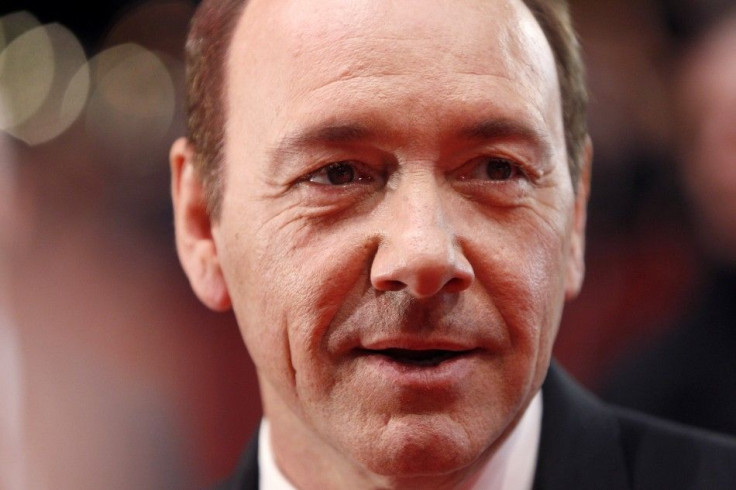Kevin Spacey Thinks Oculus Rift Could Change Storytelling Forever

"There was no forced compromise," says actor Kevin Spacey on the production of the Netflix series "House of Cards." "My character strangled a dog in the first five minutes of the first show, and that set the tone for the rest of the series. Netflix did it right."
The actor appeared before an audience of advertising professionals Tuesday at IAB MIXX 2014 to talk about the future of digital media. He cited firsthand experience over the course of his career seeing "too many great ideas watered down to mean nothing. Virtue is more important than ratings," and Netflix's hands-off approach to making the incredibly popular series was far more appealing than other networks that first wanted to see a pilot episode. "There were none of the dumb, wrong things from the Nielsen world," he said.
"We no longer live in a world of appointment viewing. The water cooler has gone viral. The audience wants freedom. They don't care about the platform, they care about the content. There's no difference between watching 'Game of Thrones' on an iPad or 'Between Two Ferns' on a laptop."
His highly informed speculation wasn't limited to conventional filmed entertainment -- as Spacey is set to voice a character in the next game in the super-popular "Call of Duty" franchise, he shared some enticing thoughts on the future of video games. He theorized about one day being able to follow multiple characters on multiple screens, letting a viewer evolve his own story based on who he wants to follow. The instant analogy here comes from an experiential theater performance called "Sleep No More," in which audience members independently roam through a building at their leisure, each one taking in his own unique story that is never the same as someone else's.
"I think the games industry is slowly moving into the film business, to tell stories and to do so with an actor like me. The Oculus Rift opened my eyes to the possibility of virtual reality in the theater world. Imagine slipping on the goggles and suddenly you're in the front row of the Sydney Opera House, or in the pit of a theater as it was in the 1600s, or you’re on stage running lines with actors. The technology has arrived, it's up to us to see how to apply it."
© Copyright IBTimes 2024. All rights reserved.






















